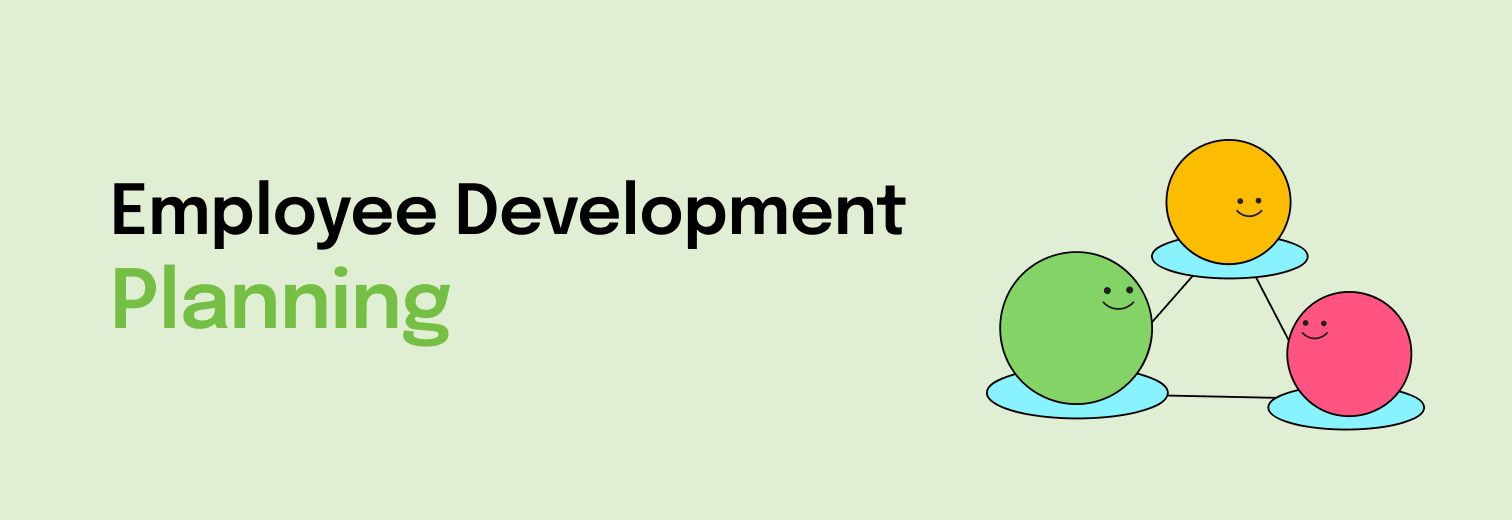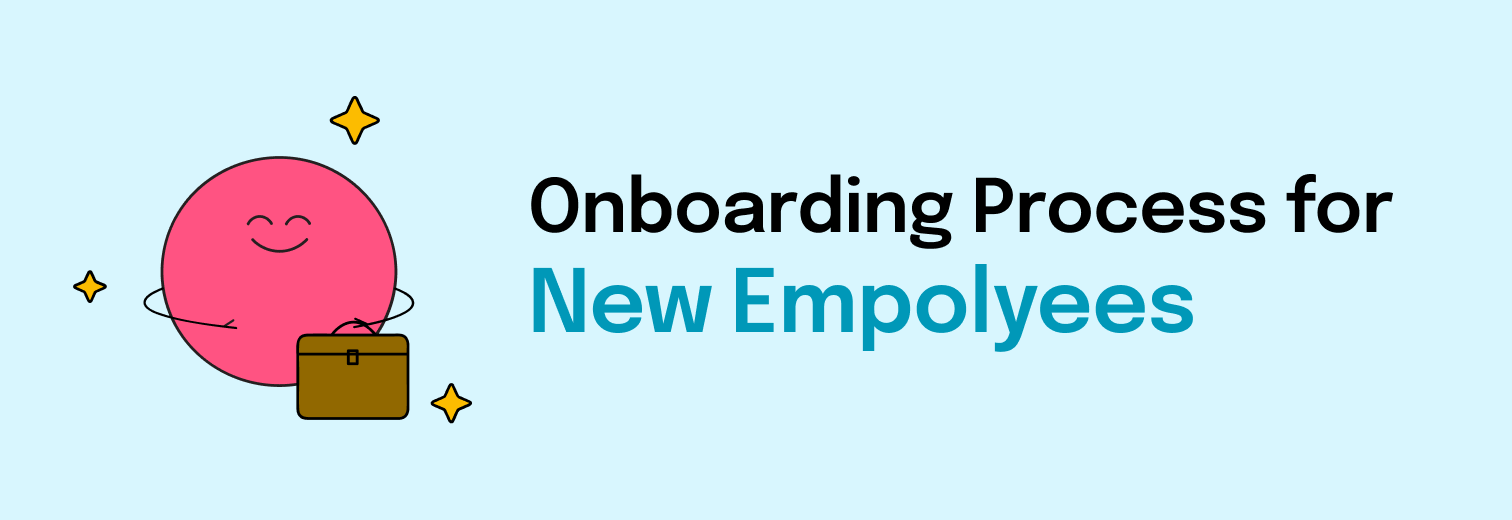Last week, I had a rather interesting conversation with a friend, whose company had taken him for an annual offsite at Goa. The purported objective of the offsite was team motivation and alignment to objectives. And since it was Goa, the word FUN and hence team bonding cannot be left behind either.
“How did it go?”, I asked.
“Great fun, all of us really had a ball”, he said. “It was much needed for the team, considering all the turmoil we have been through recently”.
And then as an afterthought – perhaps because he knew I was in a related field – he asked, “But you know the problem with these events?”
He did not wait for an answer. He continued almost rhetorically, “The problem is that, everyone gets motivated and is on a high after these events – but after some time when you are back at work & into the daily grind, the motivation wears off!”
“Tell me, do you really think all these Team building workshops, really work?”
I couldn’t help smiling. He was bang on in his analysis of the problem. But his conclusion – I thought – was way off mark too. As Dilbert would say, “He was addressing the wrong problem!” Viewing team building as a one-off exercise, done once a year – and then expecting magic to happen – is a way too naïve and simplistic expectation.
Recently I read a quotation attributed to Zig Ziglar. “People often say – motivation is great, but it does not last. I just tell them, Bathing does not last either, that is why I recommend it daily.”
So, lets come back to that much asked question – “Do Team building workshops really work?”
To get to the answer, lets ask ourselves a fundamental question: What are the attributes of a great team? There are many nuances for sure, but let us look at a few through the lens of Patricks Lencionis – 5 Dysfunctions of a Team:
1) TRUST : The bedrock of all good teams is trust. All the great teams have an innate trust in each other and in the collective capability of what the team can achieve. This requires team members to be open enough to share their vulnerabilities with each other.
2) NO FEAR OF CONFLICT: Being a great team does not mean maintaining an artificial harmony. What it means on the contrary is that members manage conflict by confronting issues openly. Due to the fact that everyone’s voice, opinion and ideas is heard & assimilated into the final decision, the team consistently delivers better decisions & results.
3) GENUINE COMMITMENT: Great teams reach decisions after thrashing out several often conflicting possibilities thrown up. Decisions so reached, tend to ensure that every member buys-in and hence weighs-in whole heartedly.
4) ACCOUNTABILITY: Great teams take pride in their work and work ethic. Often this means holding each other accountable for a certain level of performance, every single day. It also means several members other than the positional leader taking up leadership responsibilities within the team.
5) ATTENTION TO OVERALL RESULTS: One area where a lot of teams falter is when petty egos and the pretensions of status come in the way of the collective goal. This often manifests in a silos mentality and individualism, where members go for individual glory. The great teams on the other hand are very clear at all times on what the collective goal is– often manifesting a “sink together or swim together” attitude.
Look again at the 5 points above. Make no mistake – each of these points requires a lot of sustained work over a period of time to achieve. It is difficult work – which is also why great teams are so few.
The problem with Team building workshops is not that it does not work. Rather it is in the wrong expectation that doing it as a one-off, once-in-a-year activity, will produce magical results in the team. Its akin to expecting a six pack, just because you have gone to the gym once.
If you are attempting Team building workshops for the first time, view it as a good kick-off point – but it is only that – not a magic wand. If you are serious about building your team, look at it as a long term endeavor. Ask yourself what is the roadmap to reach there? And in the same way that you bathe every day, what are you doing on a daily basis to improve your team?










